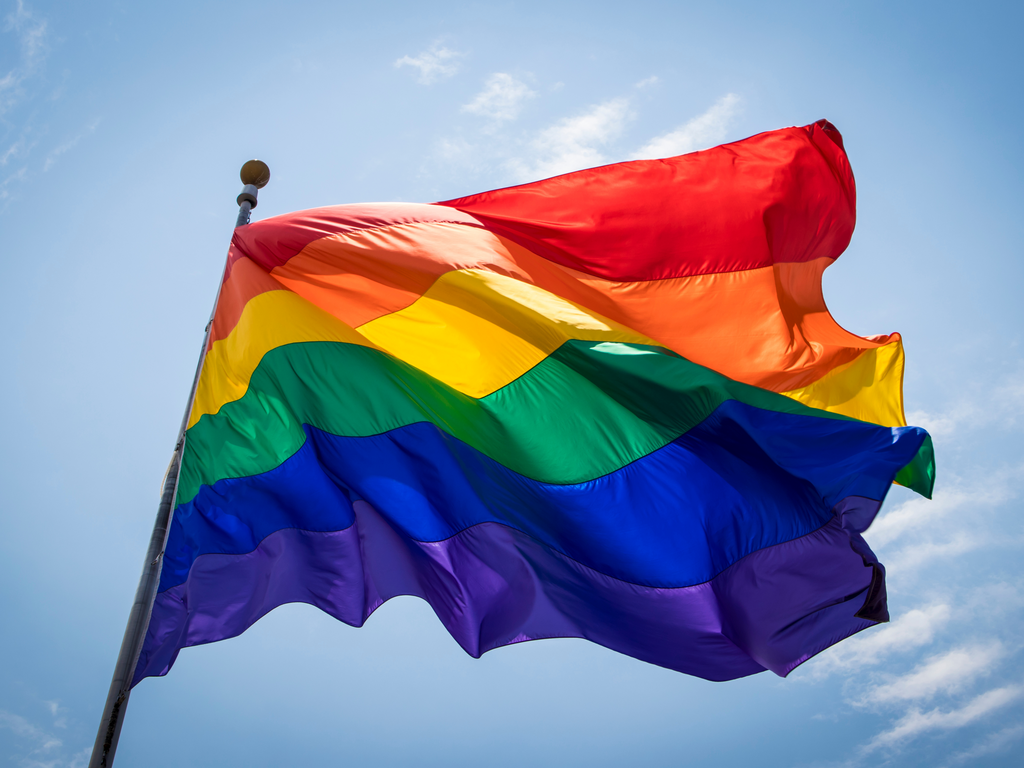Supreme Court cannot be pressured externally to adopt homosexuality — Yonny Kulendi
)
He emphasised the supremacy of Ghana's constitution, which does not align with laws from other jurisdictions.
The court's stance reflects its commitment to uphold Ghana's laws and cultural values, rejecting any influence that contradicts its legal framework.
This statement highlights ongoing tensions between global human rights advocacy and national legal systems regarding LGBTQ+ rights.
He said the Constitution of Ghana is "supreme and not subservient to the constitutions and laws of other nations and jurisdictions."
Yonny Kulendi made this known at a seven-member panel of the Supreme Court, which unanimously dismissed a writ filed by a law lecturer on the constitutionality or otherwise of the constitutional provisions that criminalised homosexuality.

The Supreme Court on July 24, 2024, affirmed that provisions in the Constitution that incriminate homosexuality or unnatural carnal knowledge (anal sex) are lawful.
The panel of seven, chaired by Justice Paul Baffoe-Bonnie, declared that Section 104(1)(D) of Act 29 is not discriminatory against homosexuals; neither does it infringe on the privacy of individuals, be they homosexuals or practitioners of other forms of sexual orientation which involve unnatural carnal knowledge however described.
The panel, which also includes Justice Avril Lovelace-Johnson, Justice Omoro Amadu Tanko, Justice Ernest Gaewu, Justice Yaw Darko Asare, and Justice Agyei-Frimpong, said that the criminalisation of acts of unnatural carnal knowledge, under Section 104(1)(b) of the Criminal and Other Offences Act, 1960 (Act 29), is in our view, not inconsistent with the letter and spirit of the 1992 Constitution.
)
)
)
)
)
)
)
)
)
)
,fit(112:112))
,fit(112:112))
,fit(112:112))
)
,fit(112:112))
,fit(112:112))